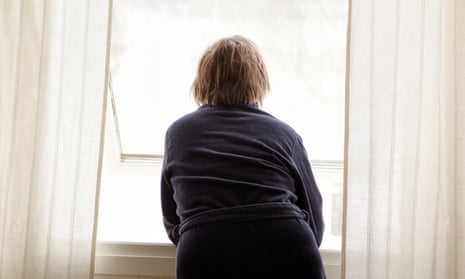I have enormous sympathy for those who need care (Letters, 10 June), but spare a thought also for the unsung, unpaid carers whose lives are overwhelmed by the task of looking after a close relative. I have “cared” for my husband for 13 years so far. Neither of us is old and neither of us asked for this burden.
I am fortunate in having found a fantastic carer and having the funding to pay for her. However, as he cannot safely be left on his own, my life is impacted as much as my husband’s: my physical and mental health are affected; I cannot go out on my own for more than a couple of hours; I have had to give up hobbies and socialising at evenings and weekends. I cannot have a night away or a day in the city. I no longer have any affection for the man I married and with whom I shared a fulfilling life.
I am not by any means alone in this. Until our relatives go into a care home – with which there are huge problems of availability and cost – we carers are lost. Just as for those with deteriorating conditions who need care, there is no light at the end of our tunnel, until our relatives die, by which time we will often be in need of care ourselves.
Name and address supplied
